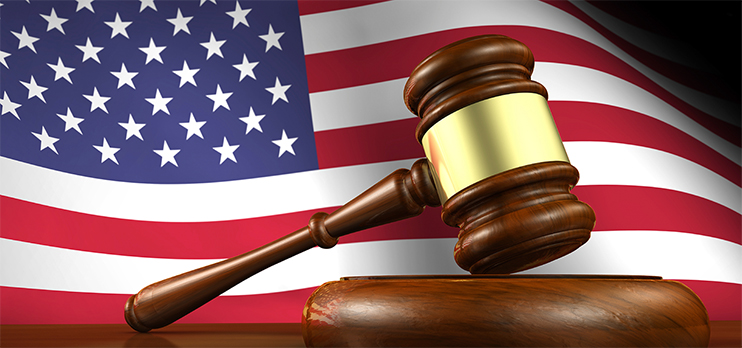

USTR leads the U.S. Government monitoring of foreign government compliance with trade agreements to which the United States is a party and pursues enforcement using bilateral engagement, dispute settlement procedures, and the full range of U.S. trade laws when appropriate. Vigorous monitoring and investigation efforts by USTR and relevant agencies, including the U.S. Departments of Agriculture, Commerce, Justice, Labor, and State, help ensure that these agreements yield the maximum benefits by ensuring negotiated market access, promoting adherence to international commitments, and advancing a free, fair, and market-oriented trading environment.
With respect to international trade agreements, USTR identifies, monitors, enforces, and resolves the full range of international trade issues to ensure that American workers, farmers, ranchers, and businesses receive the maximum benefit under our international trade agreements. Those agreements include the multilateral and plurilateral agreements of the World Trade Organization (WTO) and U.S. trade agreements such as the United States-Mexico-Canada Agreement (USMCA). For a list of all U.S. trade agreements, see our Trade Agreements page.
USTR fully utilizes tools available under U.S. domestic trade laws to protect U.S. traders and workers against unfair trade practices. These tools include Sections 201 and 301 of the Trade Act of 1974. Section 201 provides for safeguard actions in order to facilitate positive adjustment of U.S. domestic industry to import competition. Section 301 may be used to enforce U.S. rights under bilateral and multilateral trade agreements, and to respond to unreasonable, unjustifiable, or discriminatory foreign government practices that burden or restrict U.S. commerce.
For an overview of existing dispute settlement matters and other enforcement activities, please refer to Chapter II of the USTR Annual Report.
Further information on USTR Enforcement activities is available at the pages below.